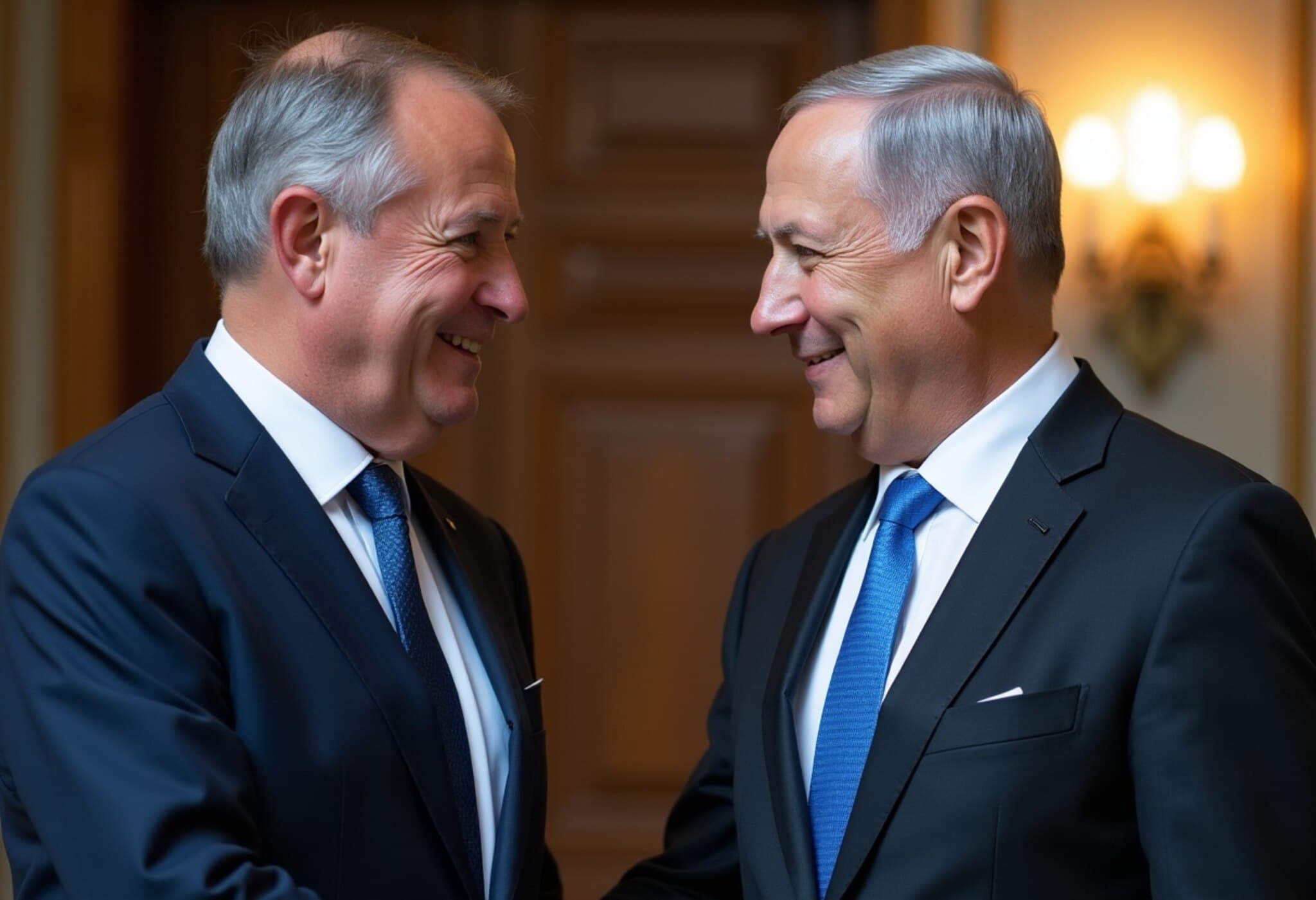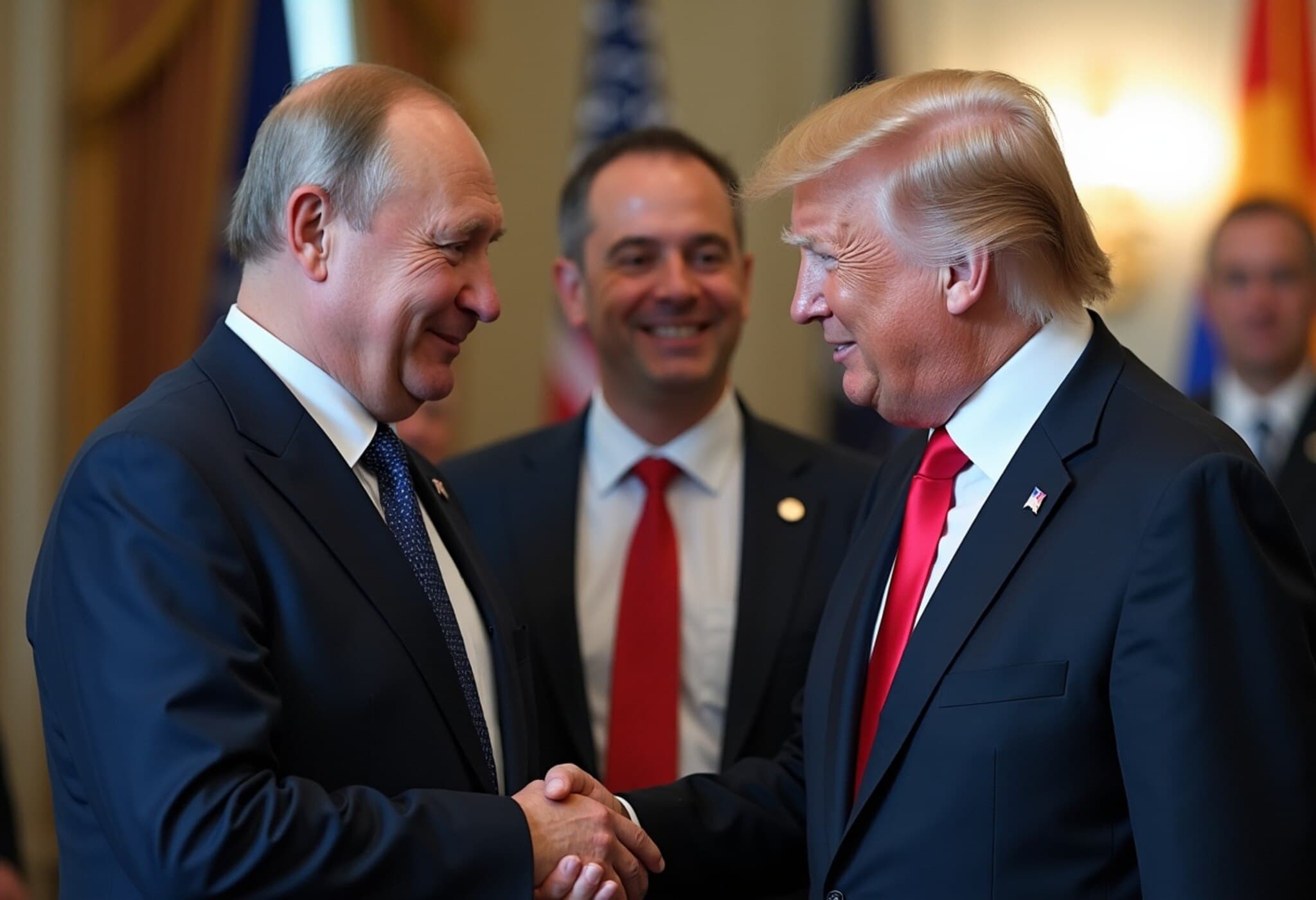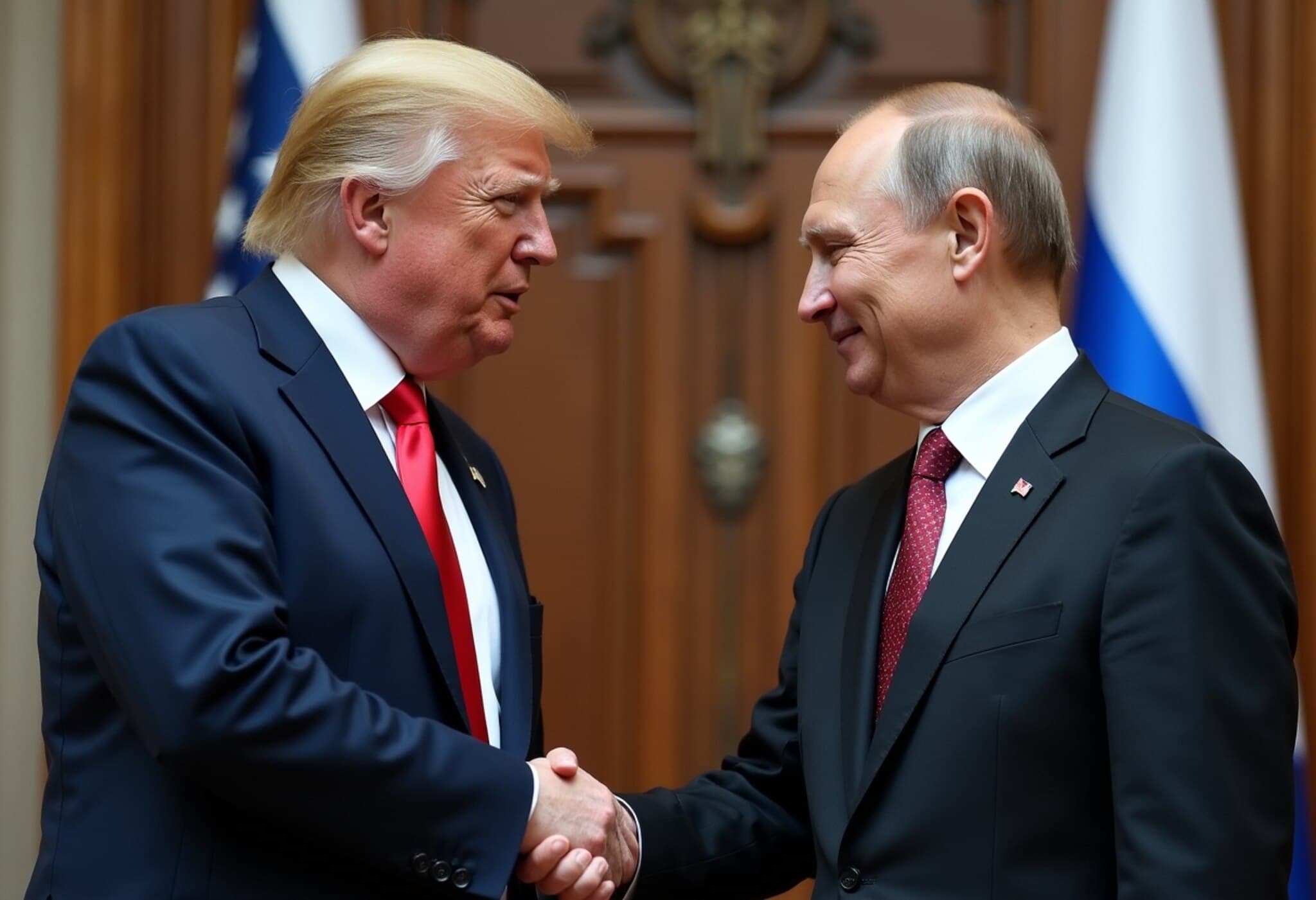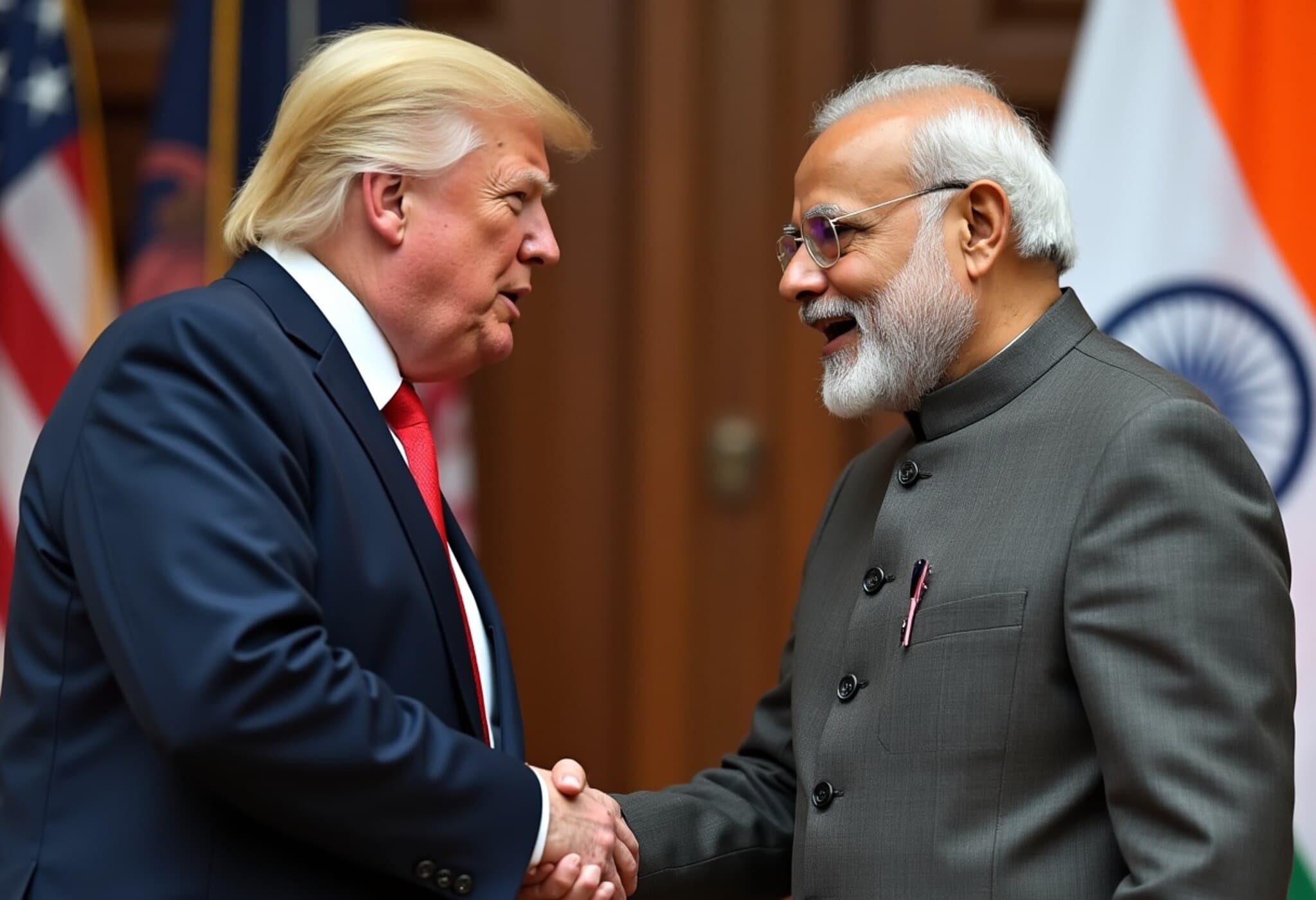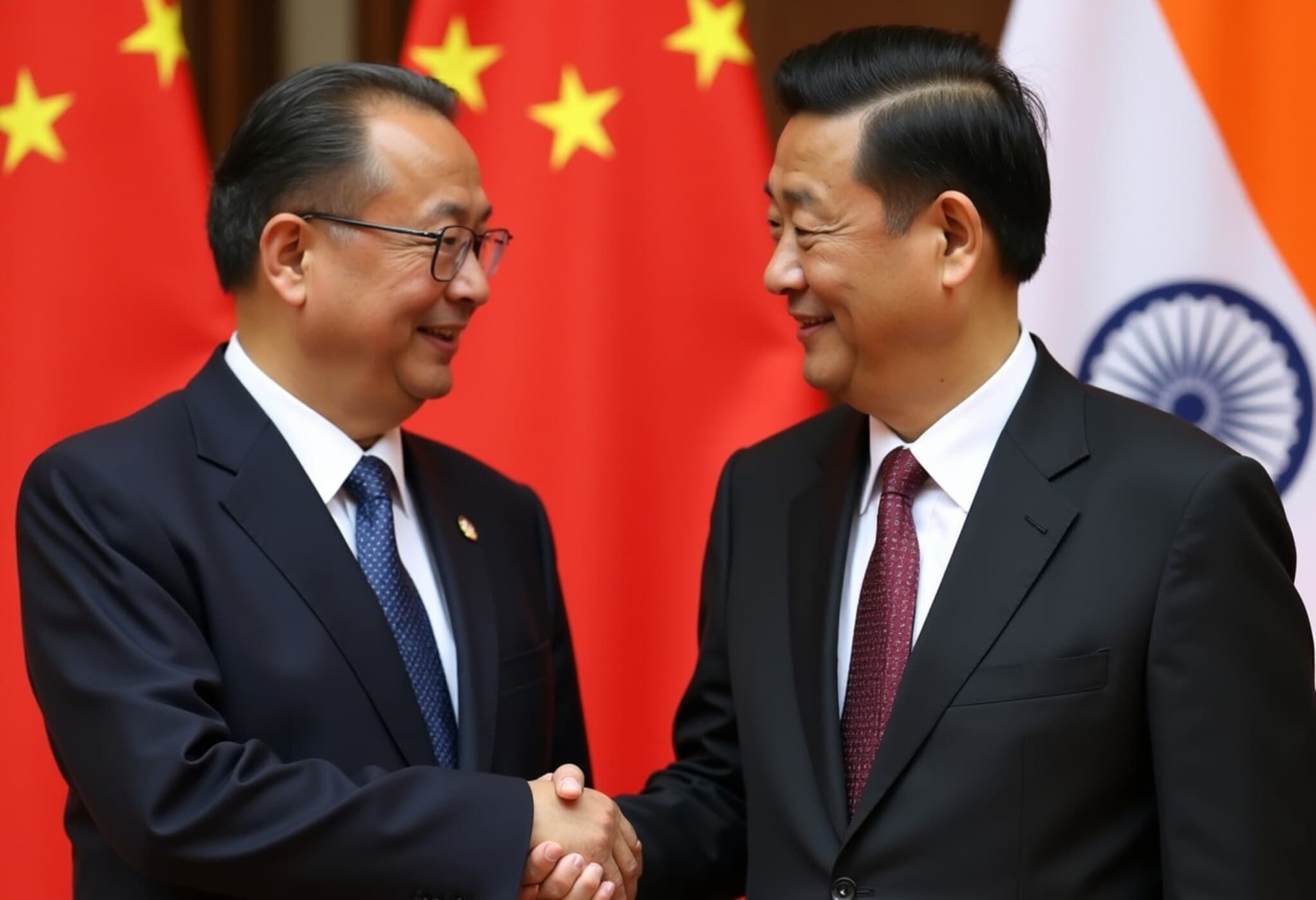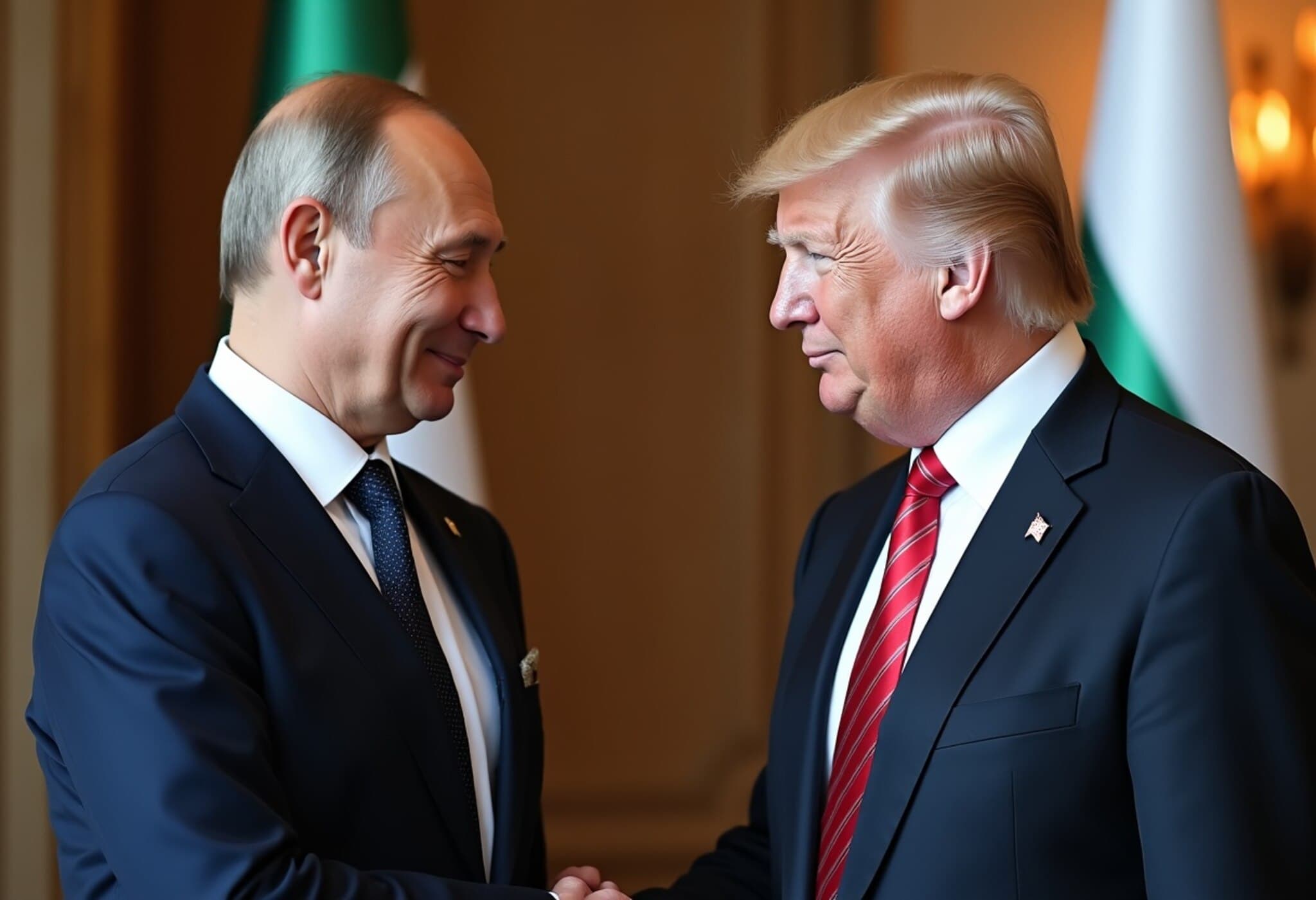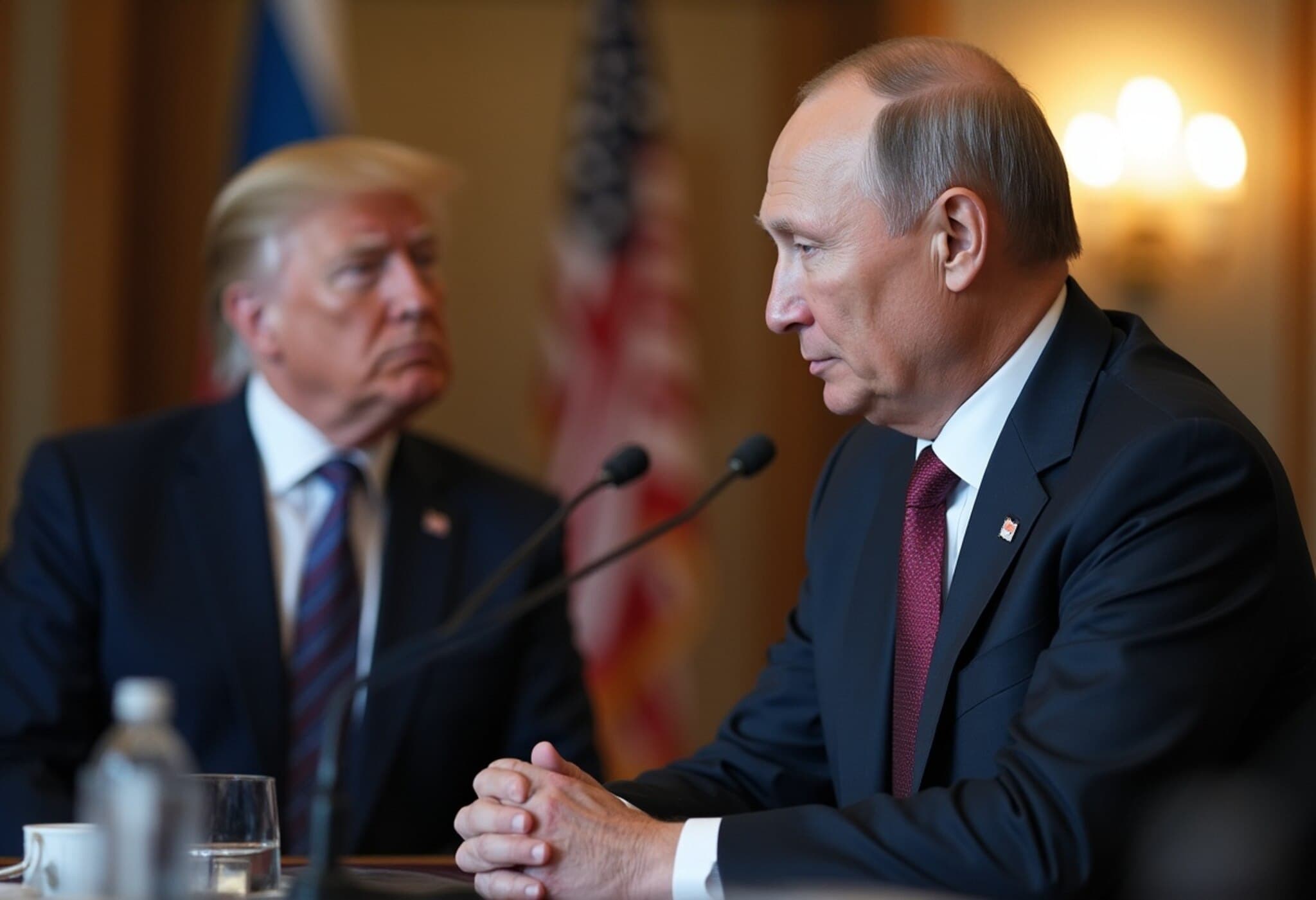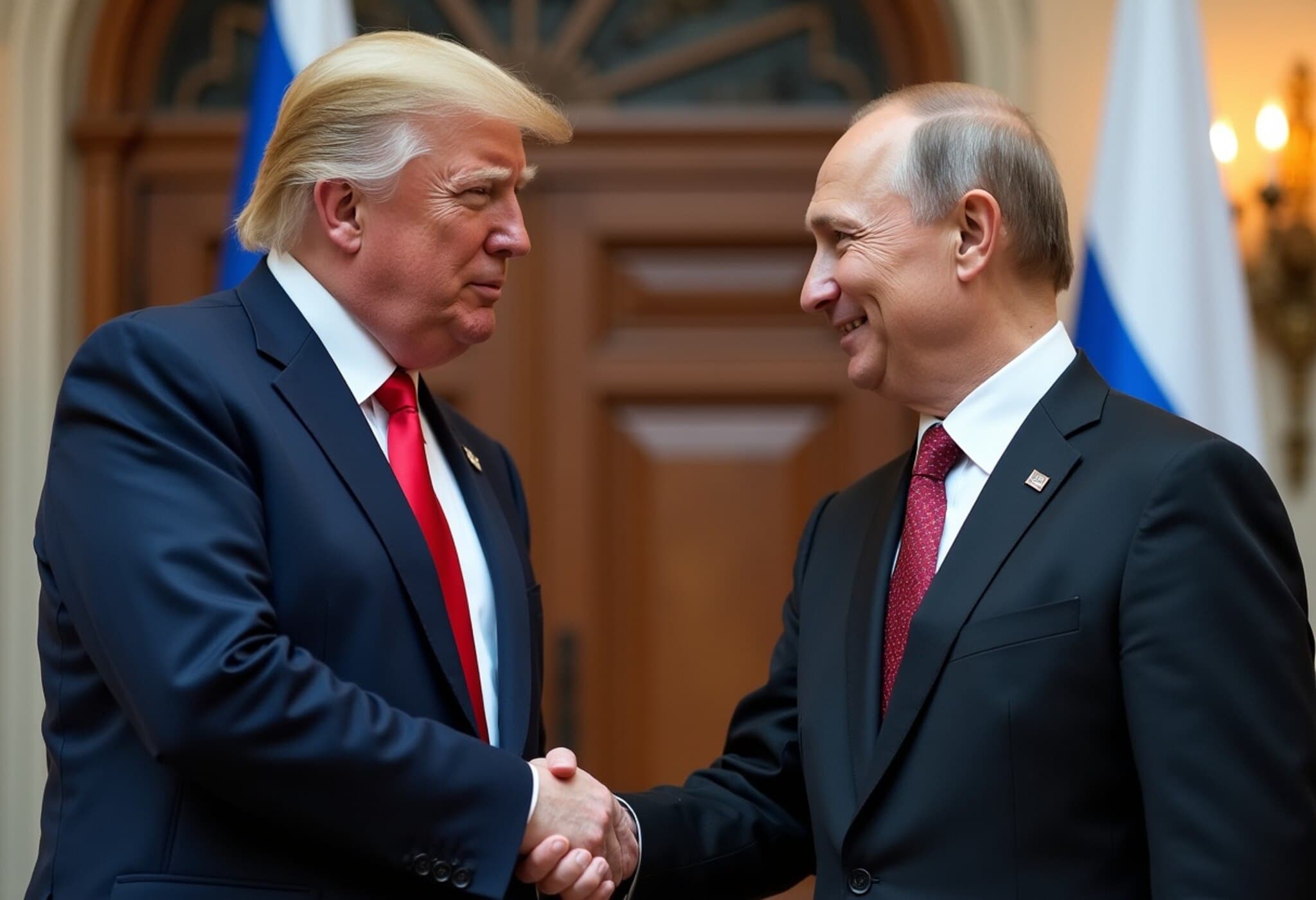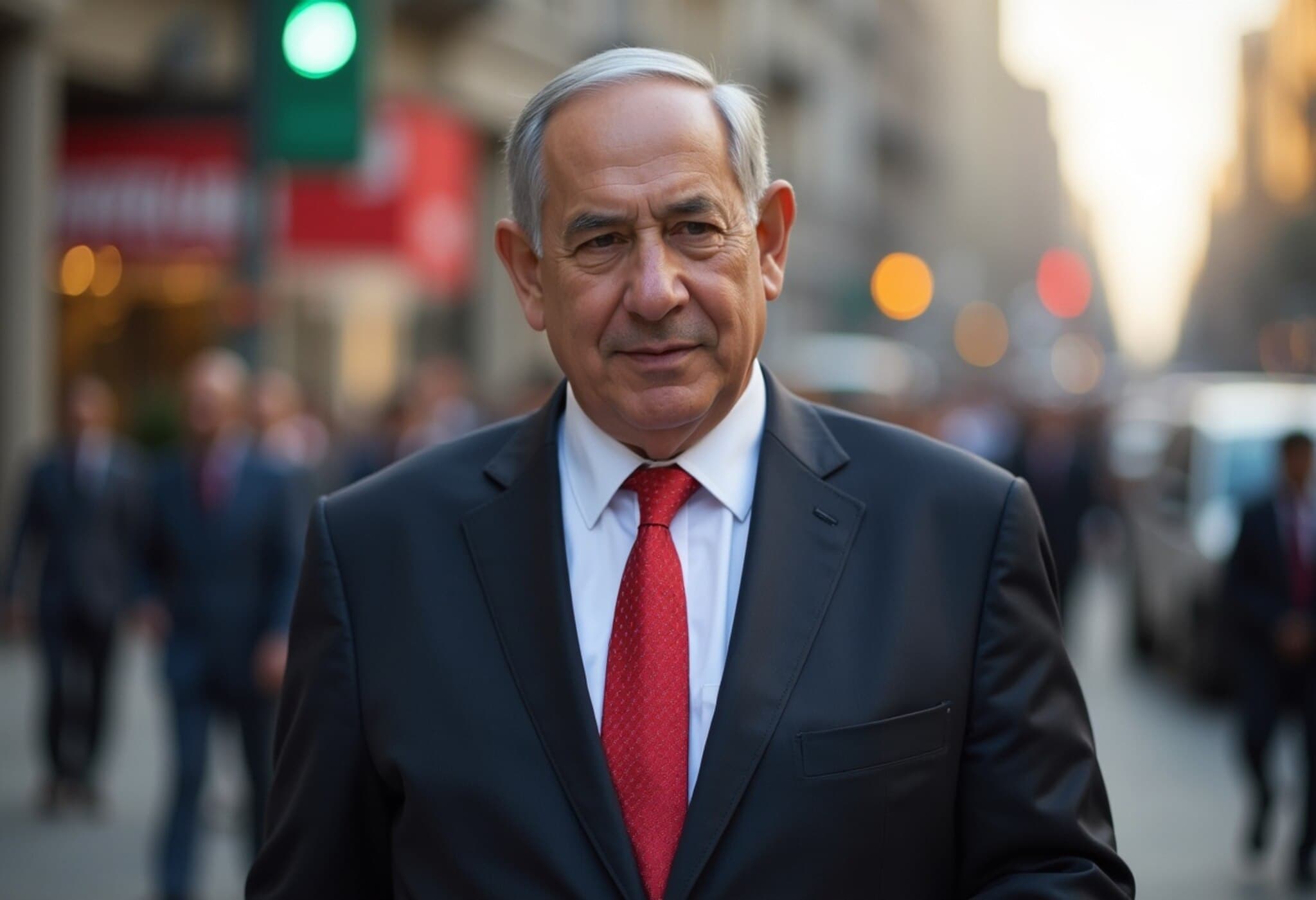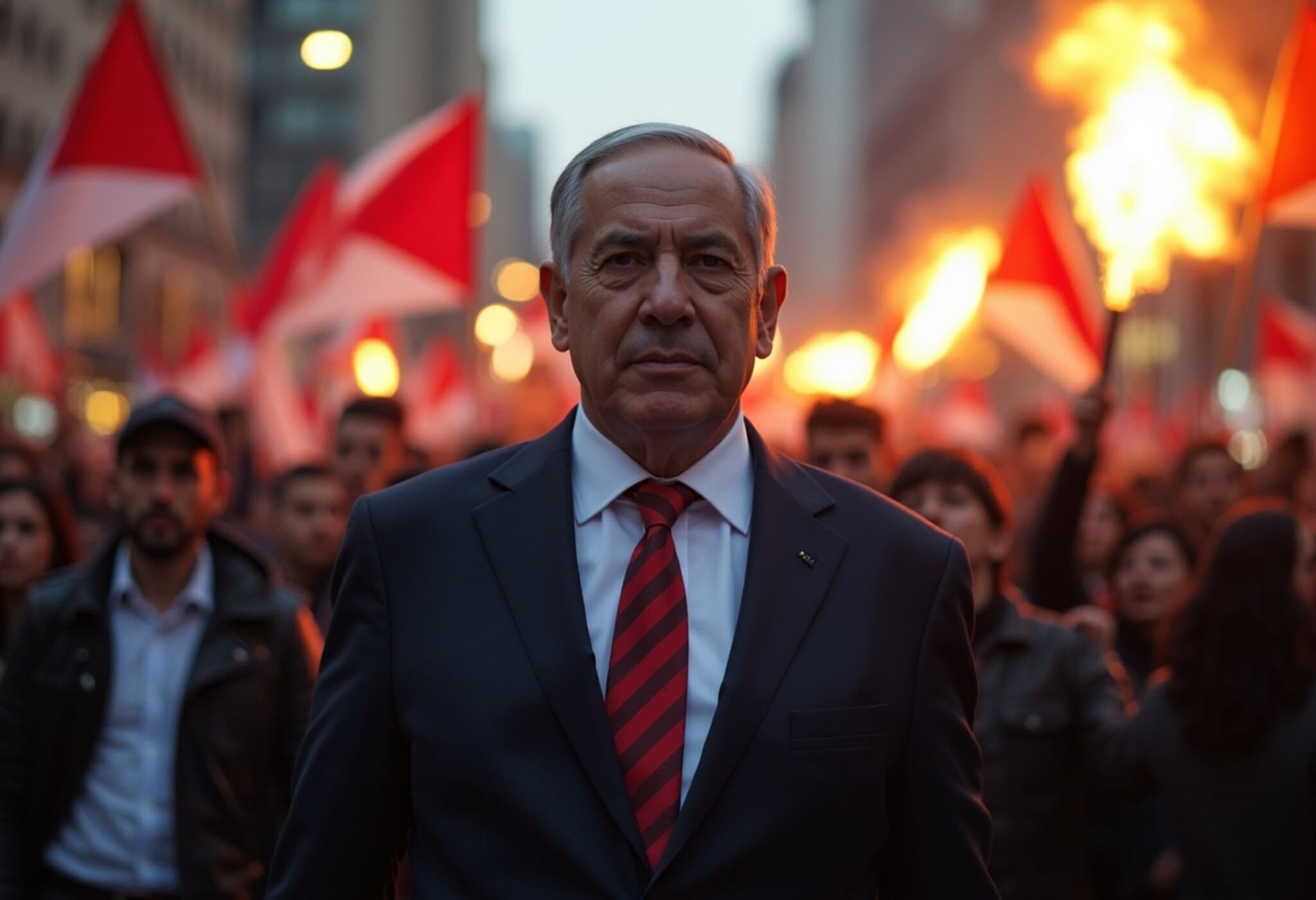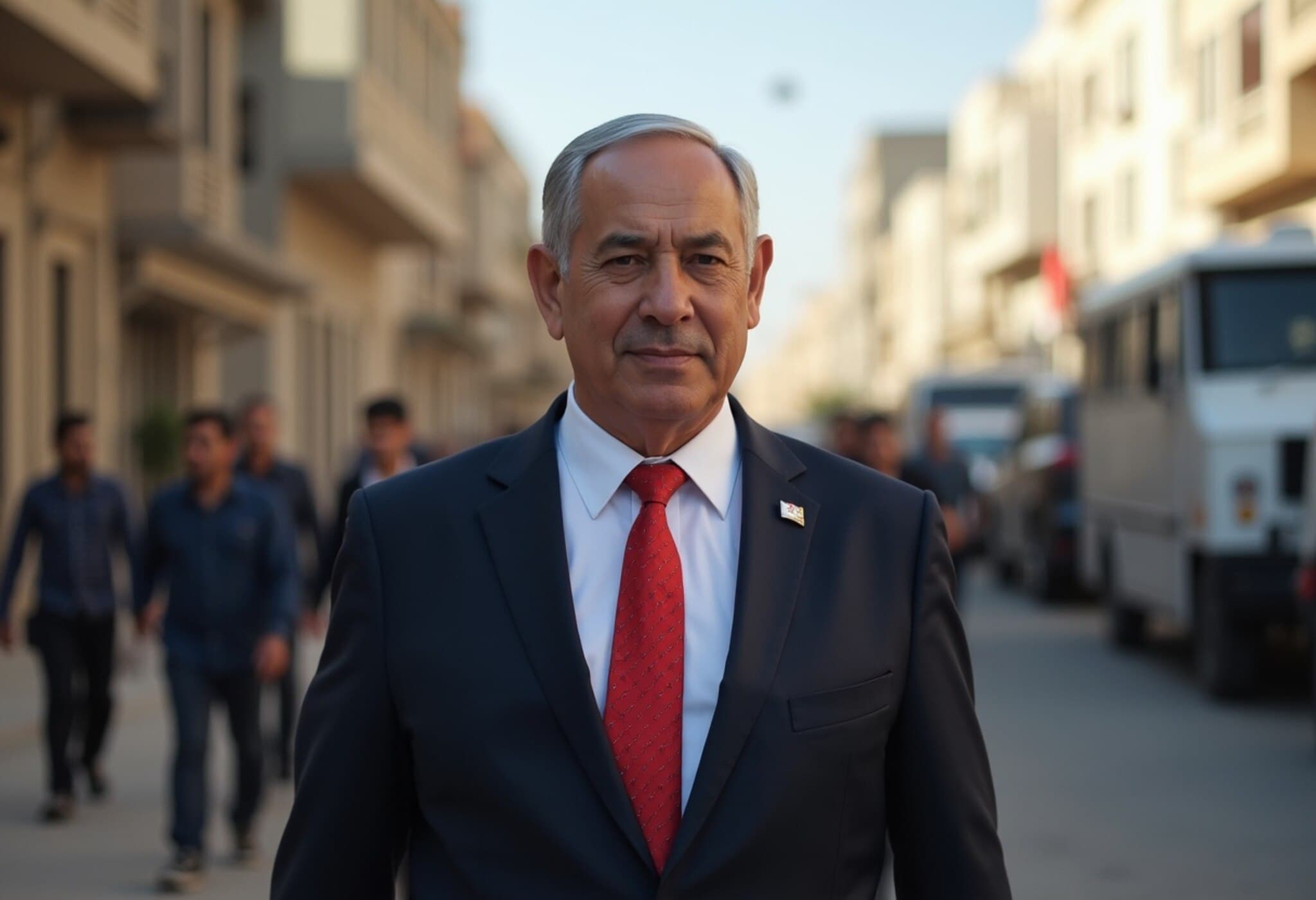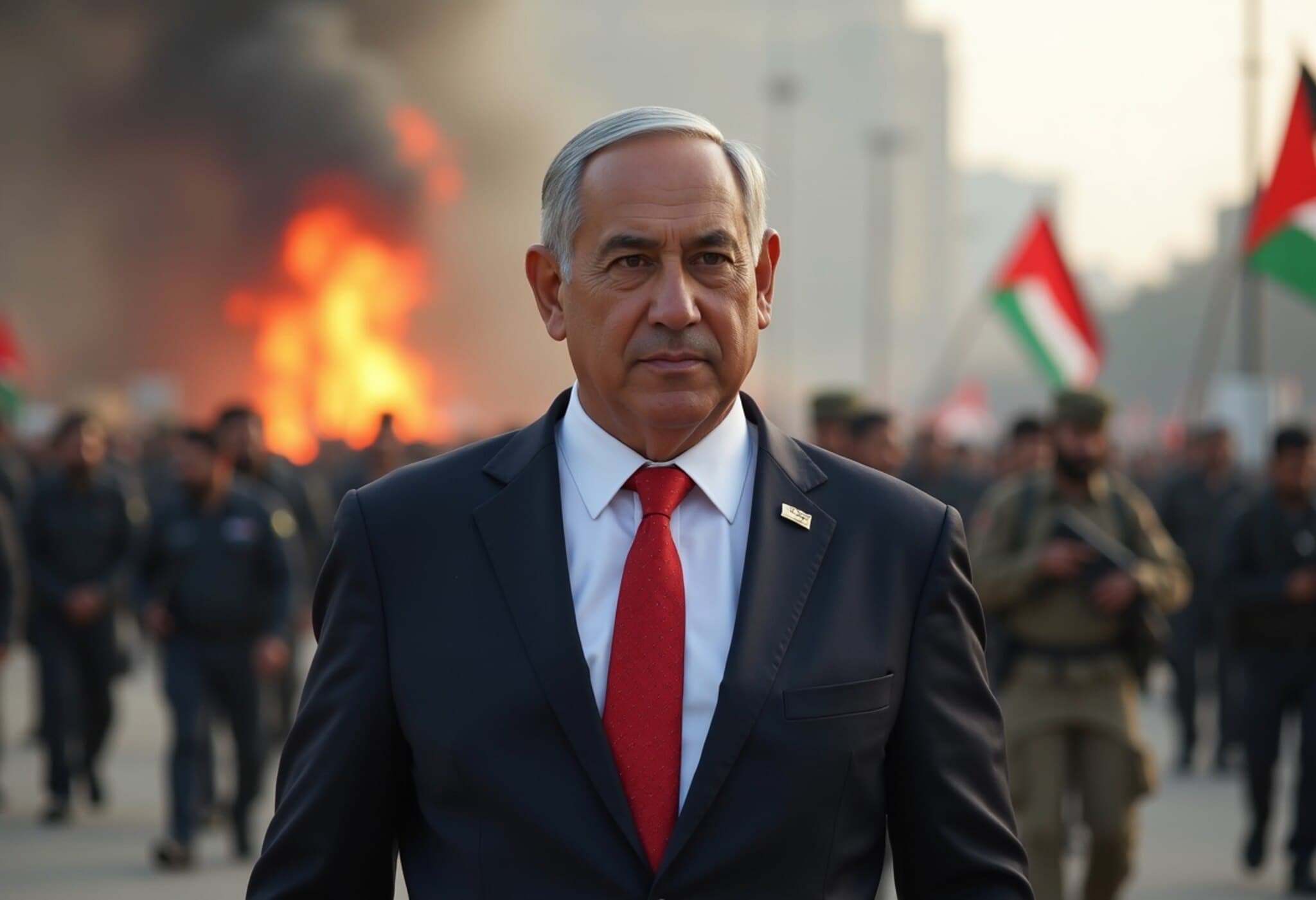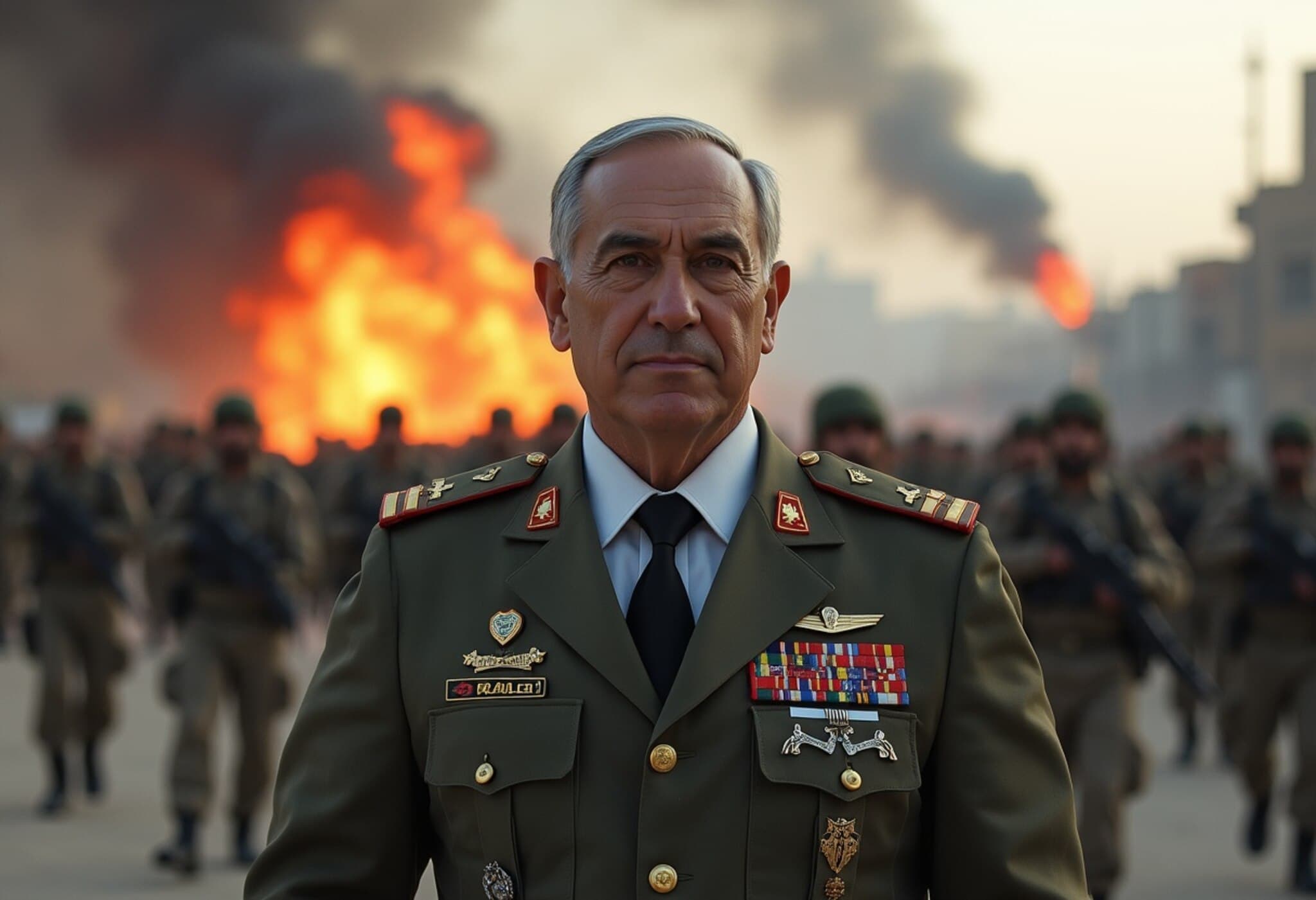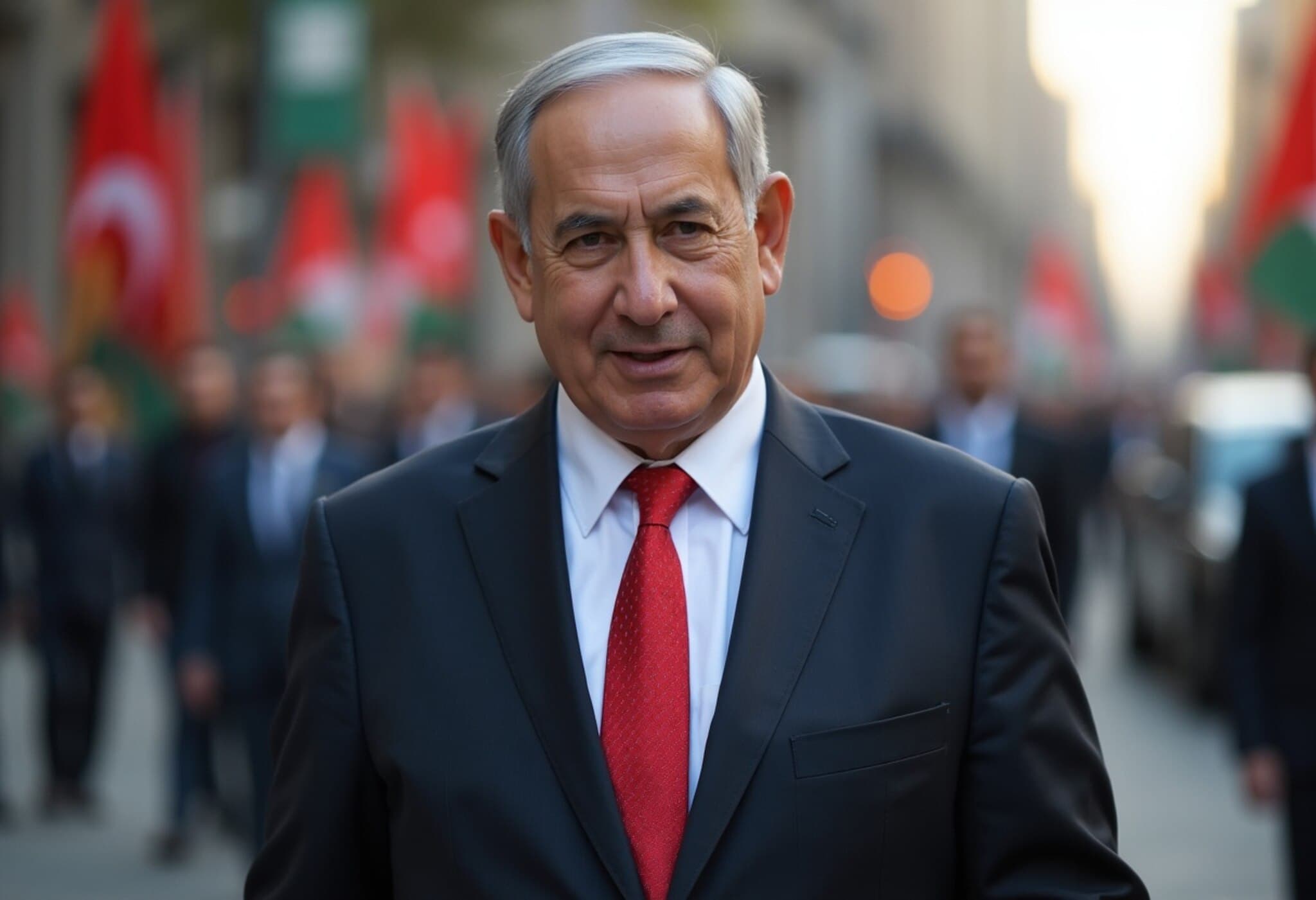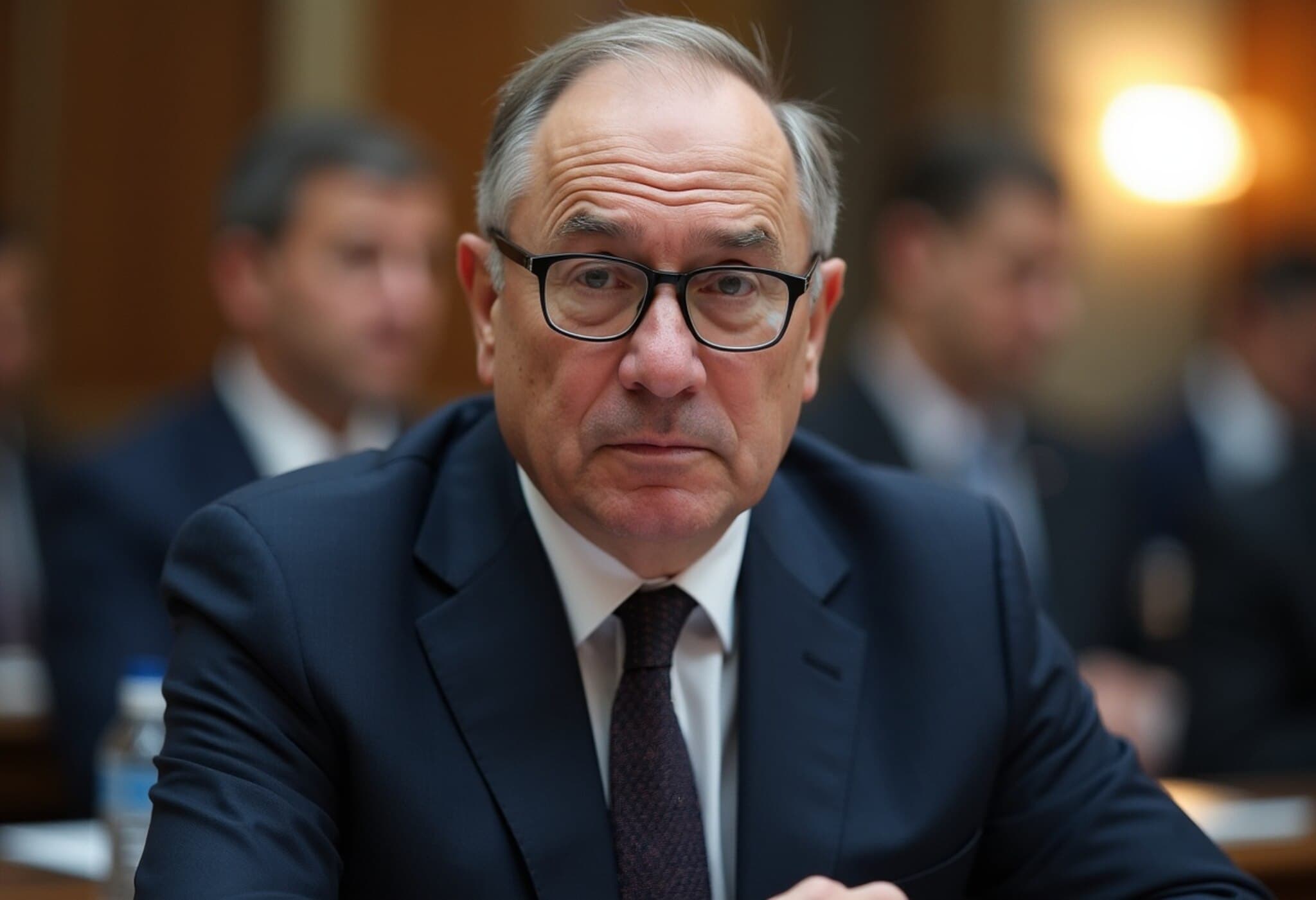Netanyahu and Albanese Locked in Diplomatic Showdown Amid Visa Dispute
In a sharp exchange that spotlights the deepening diplomatic rift between Israel and Australia, Israeli Prime Minister Benjamin Netanyahu publicly criticized Australian Prime Minister Anthony Albanese as "a weak politician" after Australia barred far-right Israeli lawmaker Simcha Rothman from entering the country.
Visa Ban Sparks Retaliation and Accusations
The controversy ignited when Canberra imposed a rejection on Rothman — a controversial figure from Israel’s Religious Zionism party known for his hardline views — who was planning to meet with Australia's Jewish community. This community has voiced growing concerns over reports of increasing antisemitic incidents correlating with the ongoing conflict in Gaza.
In response, Israel announced it would revoke residency visas for Australian officials working with the Palestinian Authority, further escalating tensions.
The official Twitter account of Netanyahu's office released a scathing statement accusing Albanese of betraying Israel and abandoning Australian Jews, declaring: "History will remember Albanese for what he is: A weak politician who betrayed Israel and abandoned Australia’s Jews."
Australian Government Condemns Israeli Retaliation
Australia’s Foreign Minister Penny Wong condemned Israel’s move as an "unjustified reaction," warning that it risks increasing Israel’s diplomatic isolation amid already mounting global scrutiny over its military operations in Gaza.
Wong emphasized that such retaliatory measures only serve to deepen divisions and undermine constructive dialogue on a complex, politically-charged issue.
Context: A Broader Dispute Over Palestine and International Recognition
Underlying the diplomatic spat is a broader geopolitical contest over how countries engage with the Israel-Palestine conflict. Earlier in August, Prime Minister Albanese criticized Netanyahu’s government for seeming to downplay the humanitarian crisis unfolding in Gaza.
Further complicating matters, Australia has signaled possible plans to recognize a Palestinian state at the upcoming United Nations General Assembly this September, positioning itself alongside nations such as France, the United Kingdom, and Canada.
Netanyahu has vocally opposed moves toward Palestinian statehood recognition, arguing that such steps would embolden Hamas, the militant group responsible for the devastating October 7, 2023 attack on Israel.
Political Fallout and Opposition Voices
The Israeli opposition, led by Yair Lapid, seized on Netanyahu’s aggressive rhetoric toward Albanese, suggesting it may ultimately backfire. Lapid described Netanyahu as "the most politically toxic leader in the Western world" and claimed that the prime minister’s harsh public confrontation inadvertently provided Albanese with a political advantage on the international stage.
Expert Insight: What This Dispute Reveals About Global Diplomatic Realities
This diplomatic kerfuffle exposes the increasingly complicated balancing act countries face when addressing the Israeli-Palestinian conflict. Australia’s approach reflects a broader shift among middle powers willing to navigate thorny issues of human rights and statehood recognition, pushing against established alliances.
Meanwhile, Israel’s harsh response underscores its sensitivity to international criticism and efforts to discipline perceived political dissent within allied nations. The use of visa restrictions as a diplomatic tool illustrates the tangible ways geopolitical conflicts penetrate everyday governance and international diplomacy.
For the Jewish diaspora communities globally – including in Australia – these political dramas carry deeply personal weight, influencing communal security and social cohesion amidst a backdrop of rising antisemitism and pro-Palestinian activism.
Looking Ahead: Escalation or Opportunity for Dialogue?
While the heated exchange shows no immediate signs of cooling down, the international community may view this moment as an opportunity to encourage renewed dialogue between Israel, Australia, and other key stakeholders. Managing humanitarian concerns alongside security interests remains one of the most fragile and urgent diplomatic challenges of our time.
Summary Box - Editor’s Note
- The visa dispute highlights tensions between Israel and Australia over the Palestinian issue.
- Netanyahu’s public criticism of Albanese underscores the politicization of international humanitarian concerns.
- Australia's potential recognition of a Palestinian state signals shifting global alliances.
- The escalation poses risks for diplomatic isolation but also opens paths for renewed conversation.
- Understanding these dynamics is crucial for grasping evolving geopolitical alliances and challenges.
This diplomatic episode reminds us that politics beyond borders deeply affect communities and global relations alike, urging nuanced engagement and empathy in policy responses.

